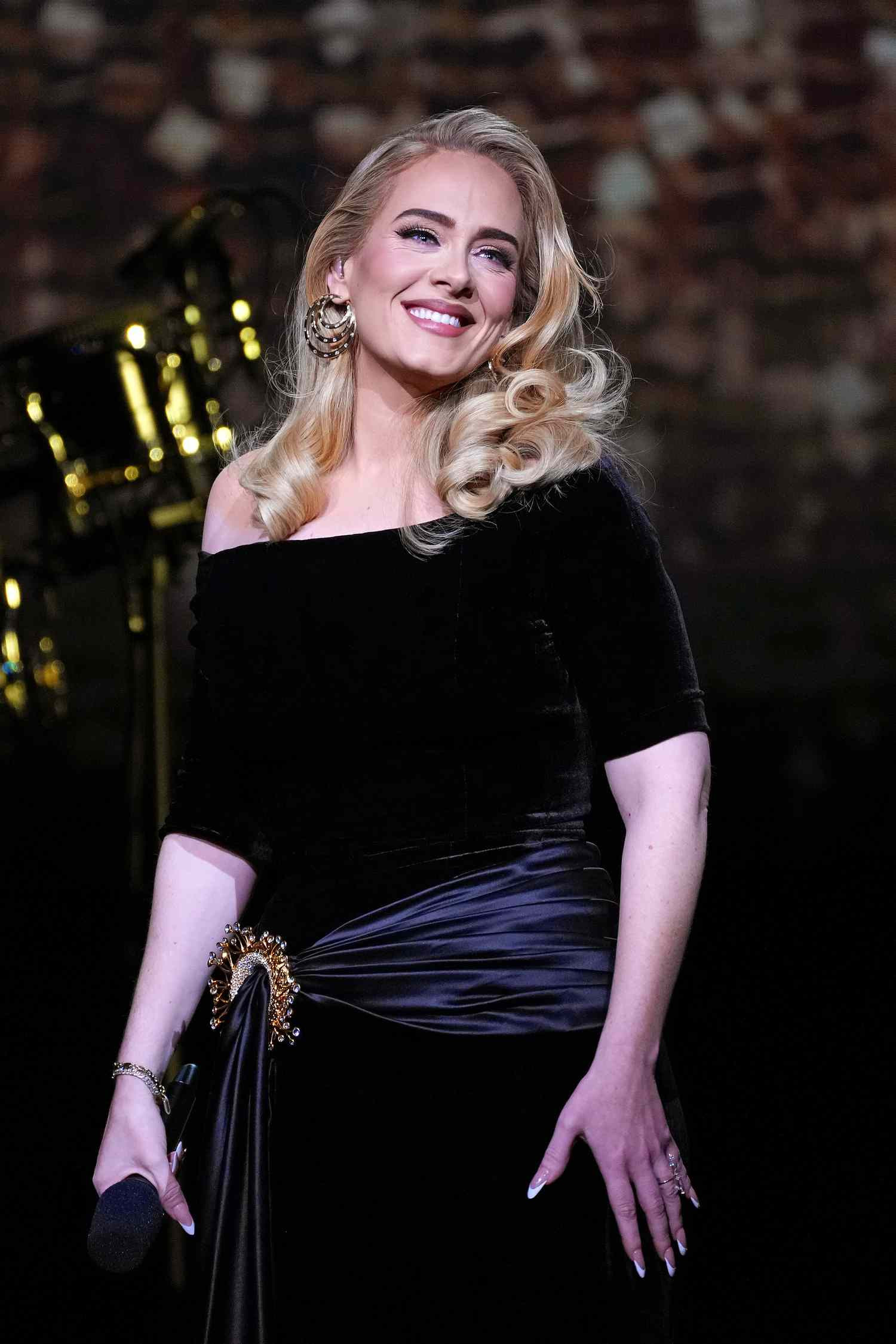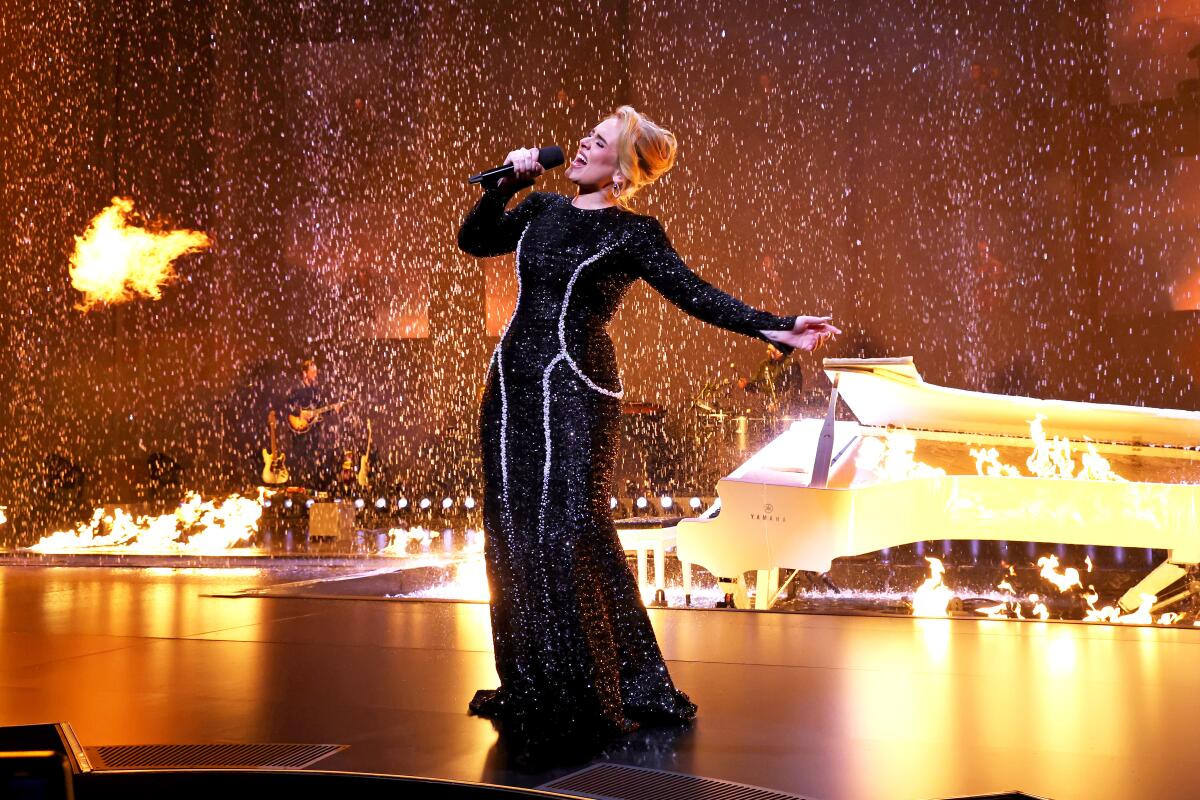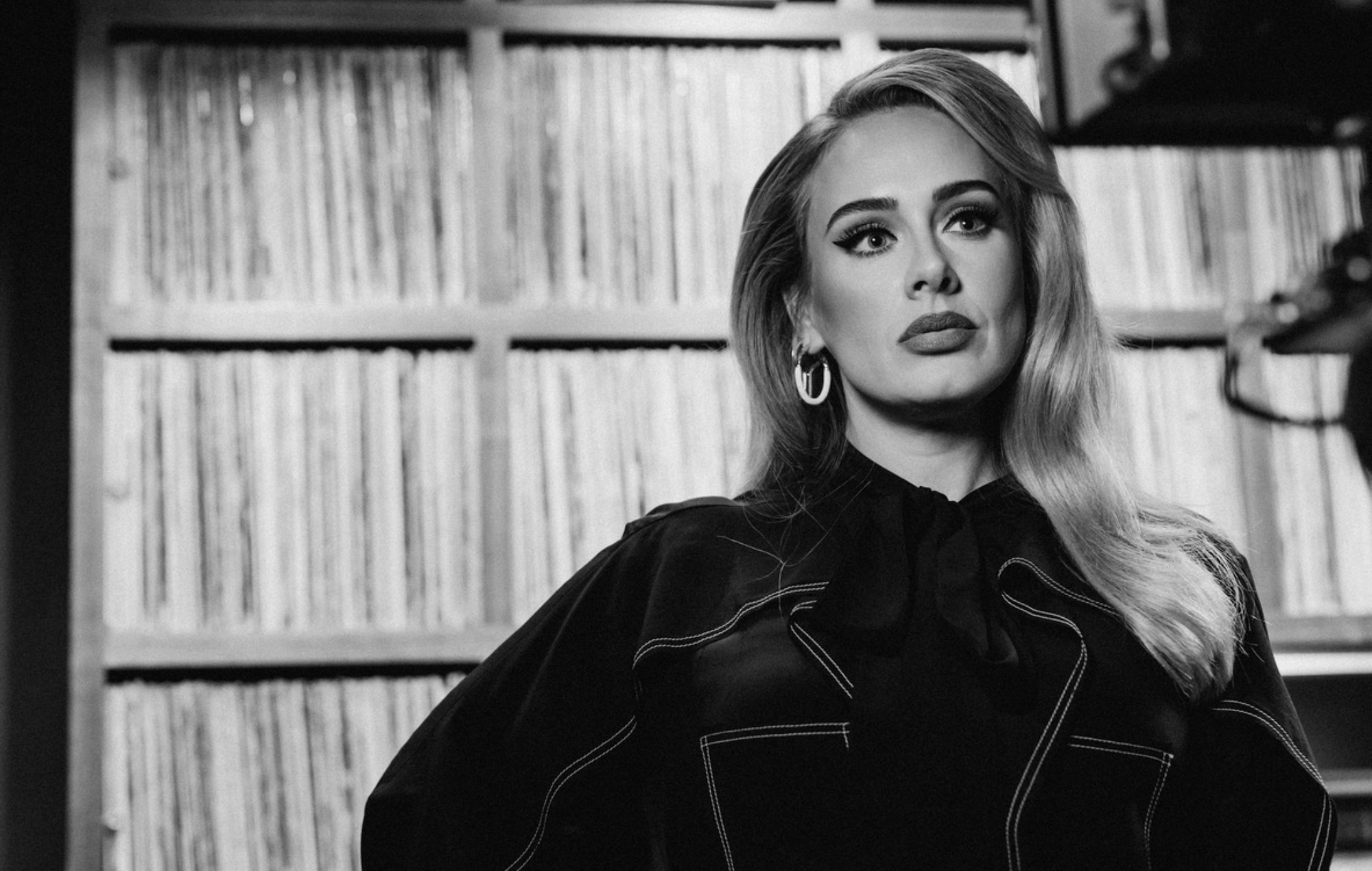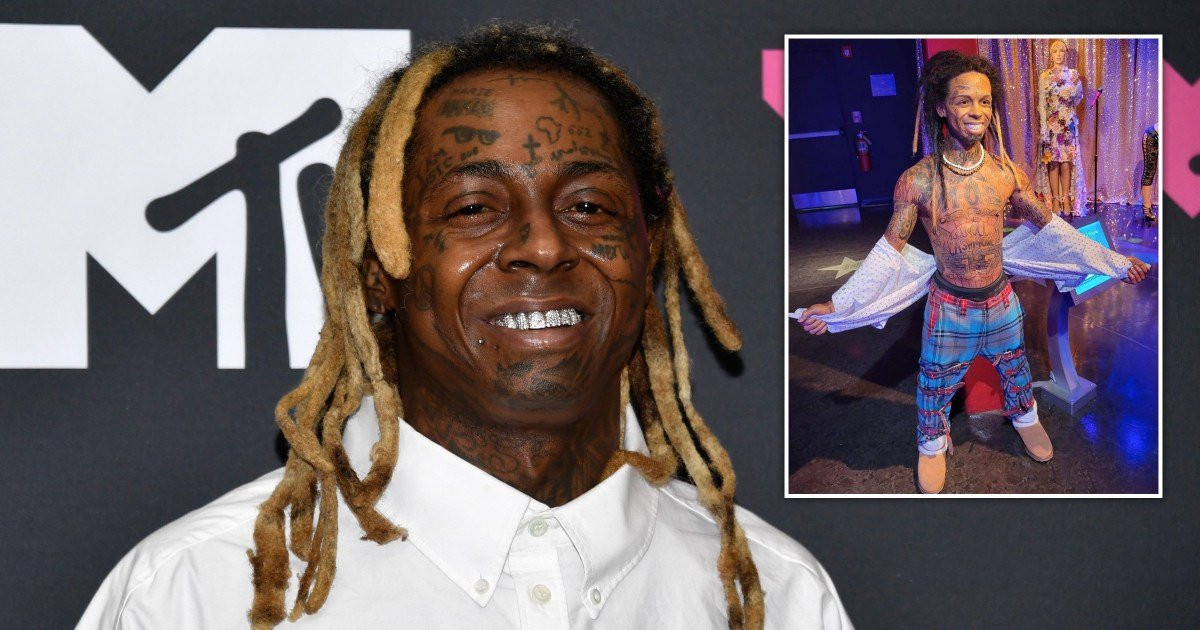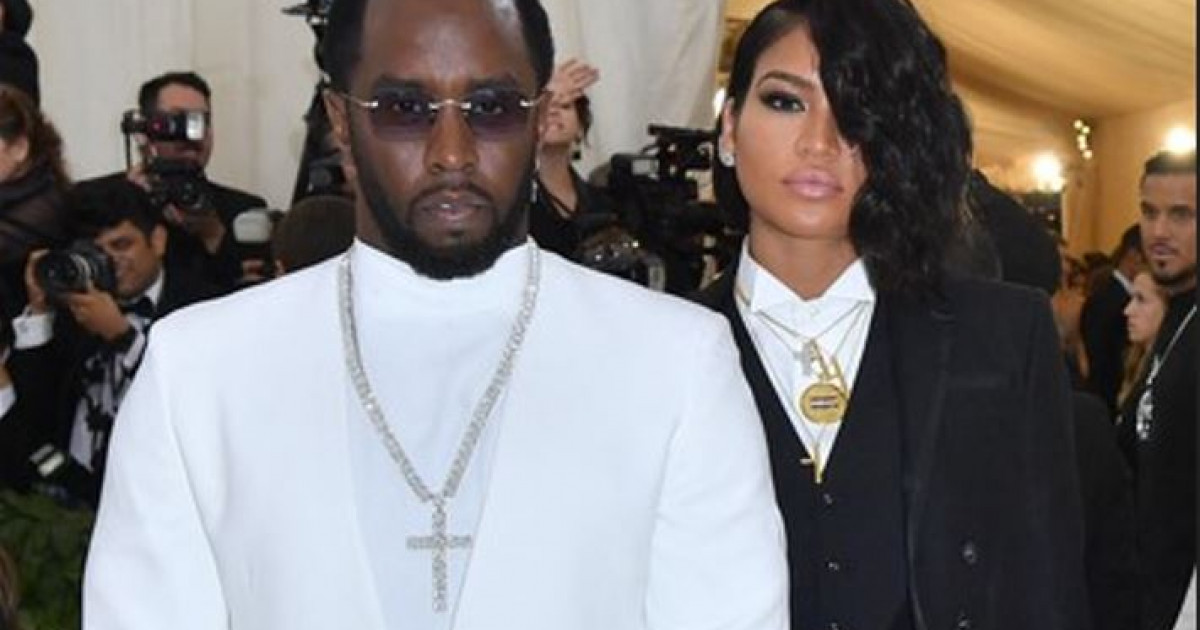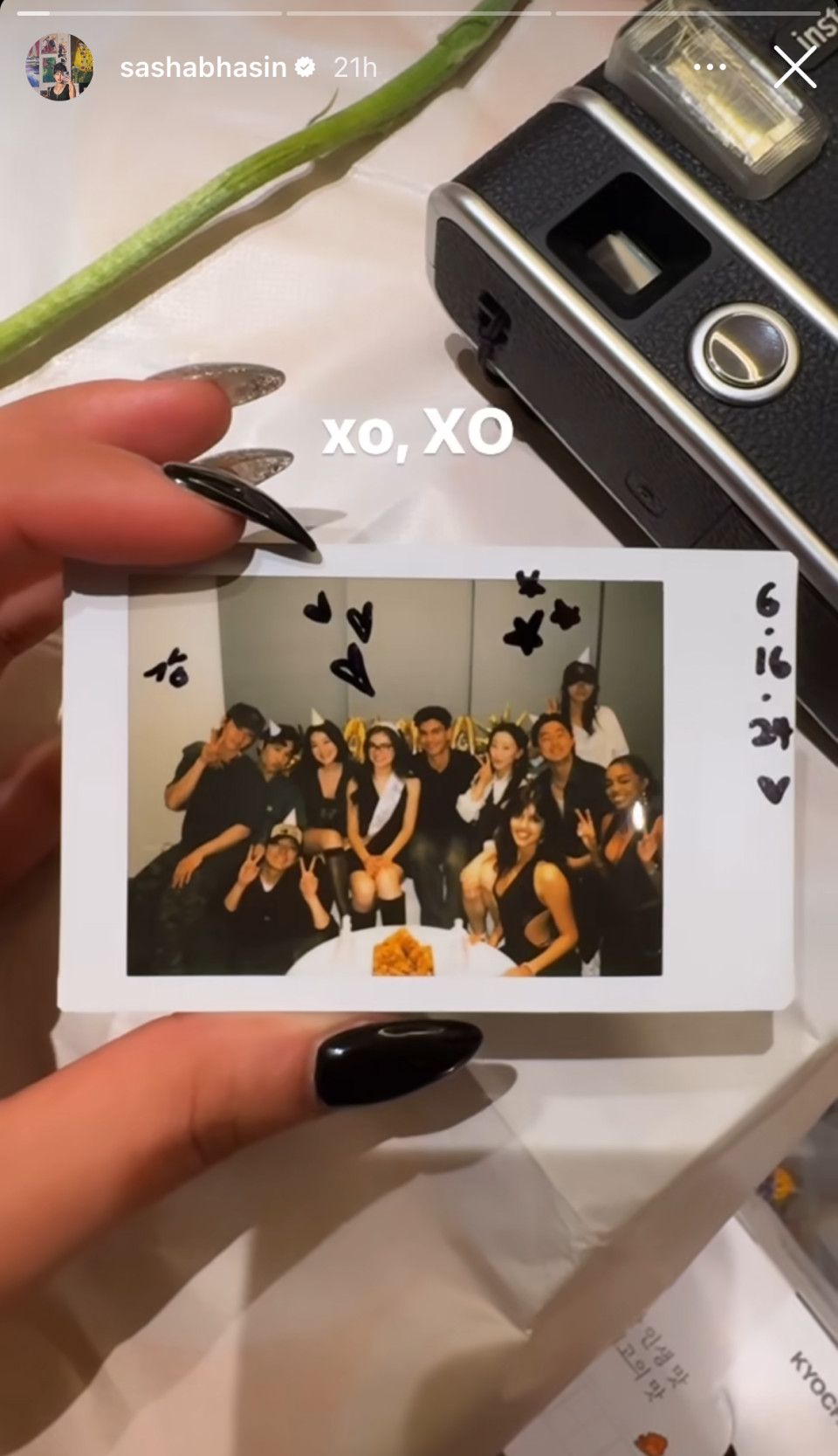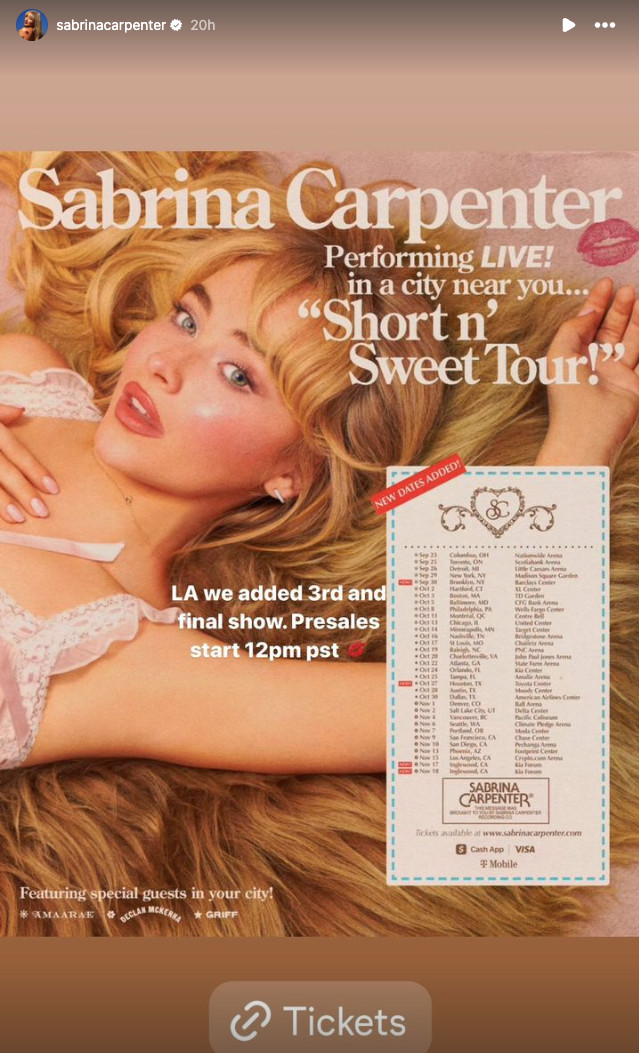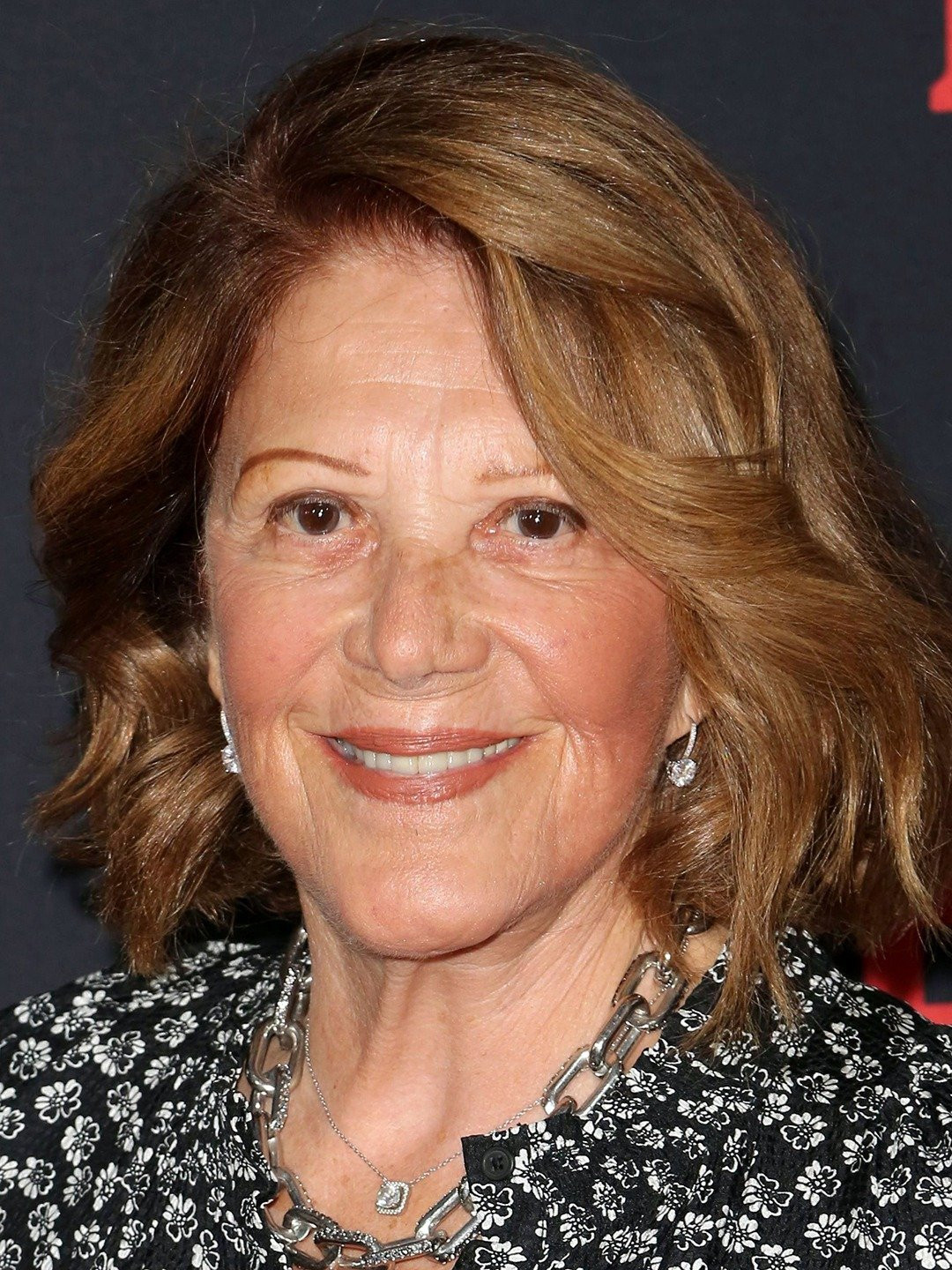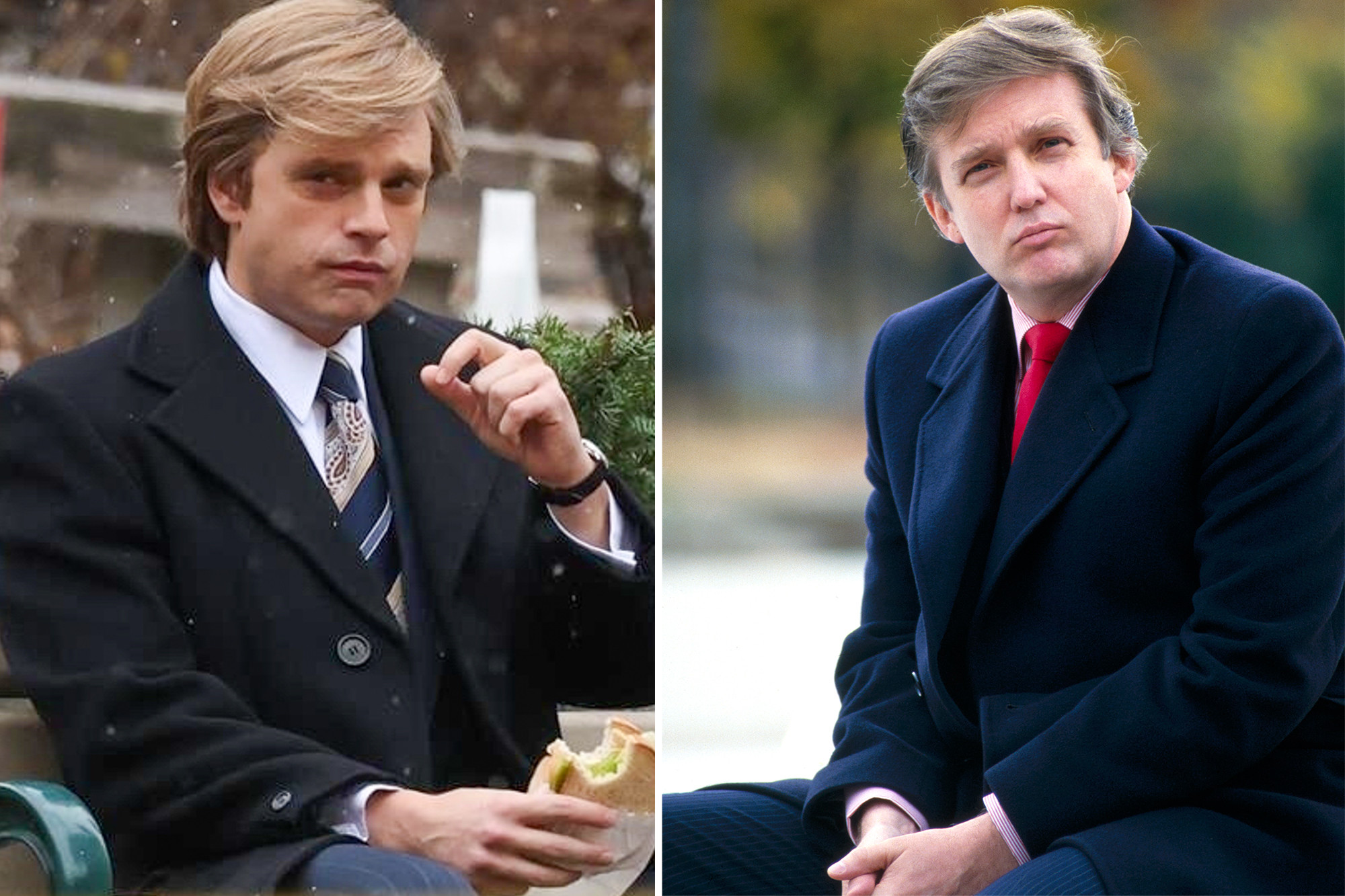Adele’s Farewell: A Farewell to the Diva Era?
The music world is buzzing with news of Adele’s upcoming break from music. After wrapping up her final Las Vegas residency in November, the 36-year-old singer announced that she will be taking a “long time” away from the spotlight. This news, delivered during her recent Munich performances, sent shockwaves through the industry, prompting a wave of speculation about the future of pop divas in the era of changing trends and a new generation of artists.
Adele’s statement, “I will not see you for an incredibly long time,” sparked a sense of mourning among fans. Many took to social media to express their sadness, while others questioned whether this marked the end of an era for the powerhouse vocalist known for her emotional ballads and larger-than-life stage presence.
The Rise and (Possible) Fall of the Pop Diva
The pop diva, a figure synonymous with raw vocal talent, powerful performances, and a captivating persona, has long been a dominant force in the music industry. Icons like Aretha Franklin, Barbra Streisand, Cher, Whitney Houston, and Mariah Carey defined the genre, inspiring generations of aspiring singers and setting a high standard for artistry.
However, in recent years, the dominance of the pop diva has been challenged by a shift in musical trends and evolving societal norms. The rise of social media, the emphasis on authenticity, and the blurring of musical genres have all contributed to a different landscape for female pop stars.
Changing Public Tastes and the Demise of Vocal Virtuosity?
Some argue that the decline of the traditional pop diva is linked to a changing public perception of vocal prowess. The rise of accessible talent shows, like The X Factor and American Idol, has normalized the idea of powerful vocals, making them seem less extraordinary. In the age of social media, authenticity and relatability have also become paramount for artists, shifting the focus away from technical virtuosity.
DJ Louie XIV, host of the Pop Pantheon podcast, observes a decline in the emphasis on “big vocals” in contemporary music. While there are exceptional vocalists like FKA twigs, Jazmine Sullivan, and Billie Eilish, they often prioritize other aspects of their artistry, such as lyricism or production, over vocal acrobatics.
The Legacy of the Diva Remains
Despite the shifts in the music landscape, the legacy of the pop diva endures. Artists like Beyoncé continue to embody the spirit of the genre, blending powerful vocals with sophisticated performances and thought-provoking lyrics. Meanwhile, established divas like Mariah Carey and Cher continue to evolve and reinvent themselves, demonstrating their enduring influence on pop music.
A Future for the Pop Diva?
While some believe that the pop diva is a relic of a bygone era, others argue that the genre is simply evolving. As new generations of artists emerge, they are likely to blend the traditions of the pop diva with modern influences, creating a fresh interpretation of the genre. The spirit of powerful vocals, captivating performances, and bold self-expression will likely continue to inspire and resonate with audiences for years to come.
Adele’s Legacy: A Pause, Not an End
Adele’s decision to take a break from music, while significant, should not be interpreted as the end of her career. She has consistently defied expectations throughout her career, pushing boundaries and delivering iconic music. This break is likely a chance for her to recharge, explore new creative avenues, and return to the stage with renewed energy.
The future of the pop diva may be uncertain, but it is not necessarily a decline. It’s a transformation, a reflection of the evolving landscape of pop music. As the industry continues to shift and adapt, artists like Adele will continue to shape its trajectory, leaving their mark on the music world for generations to come.
The Adele World: A Testament to a Pop Icon’s Power
While Adele’s departure from the music scene may leave a void for fans, her recent residency in Munich stands as a testament to her enduring power and influence. The event, a sprawling spectacle spanning ten nights, attracted over 730,000 fans and generated over €540 million for the Munich economy.
The residency, featuring a custom-built arena with a capacity of over 73,000, was a logistical marvel, showcasing a groundbreaking approach to live entertainment. The impressive production, including the world’s largest temporary LED wall, further demonstrated Adele’s ability to captivate audiences on a massive scale.
A Testament to Collaboration and a Legacy of Music
The success of the Munich residency was a product of collaboration between Adele and her team, the organizers, and the city itself. The event highlighted Adele’s ability to create an immersive experience, combining her music, her artistry, and the unique spirit of Munich to create a truly unforgettable event.
Beyond the Numbers: A Reflection of Adele’s Impact
Beyond the record-breaking attendance figures and financial success, the Munich residency served as a testament to Adele’s impact on the music industry and her ability to connect with audiences on a deeply personal level. The event’s scale and success showcased the power of her music, her charisma, and her enduring influence on global audiences.
The End of an Era, or a New Beginning?
Adele’s decision to step away from the music world for an extended period is a significant moment in the evolving landscape of pop music. While her absence may leave a void for fans, it is likely a temporary one. The spirit of the pop diva, with its powerful vocals, emotional connection, and captivating performances, will continue to inspire and evolve within the music industry. As the next generation of artists emerges, they will carry the torch, building upon the legacy of those who came before them, ensuring that the spirit of the pop diva lives on, perhaps in a new, exciting, and unexpected form.




